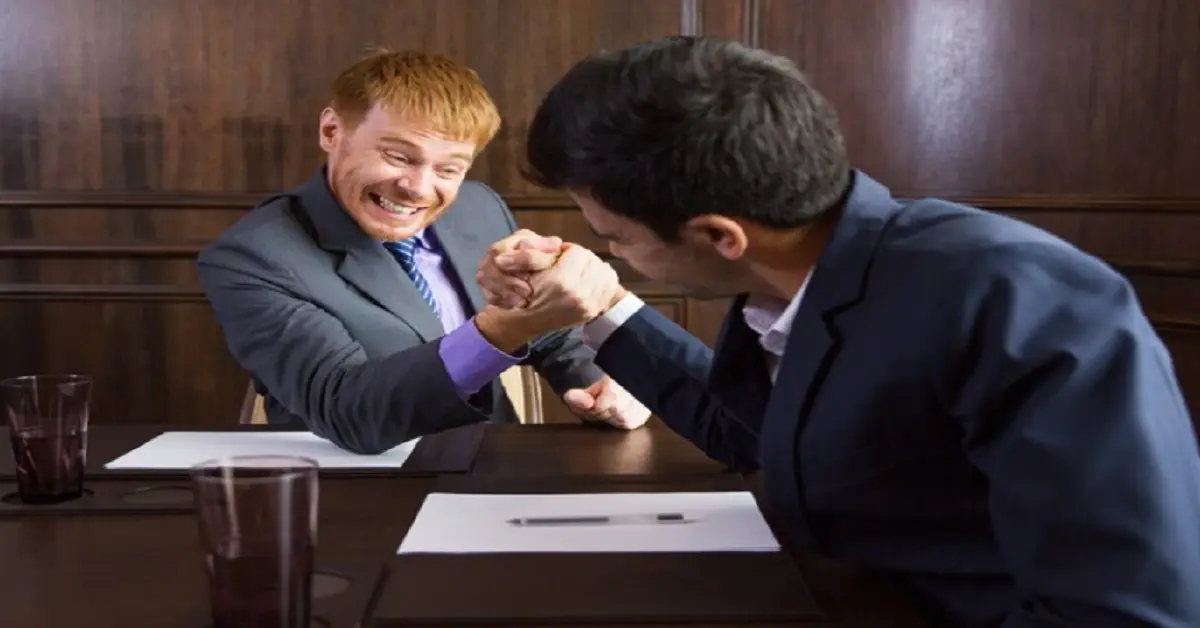When Bankruptcy and Criminal Law Intersect: Lawyer Collaboration

Bankruptcy and criminal law are two distinct areas of the legal system, each with its own set of rules, procedures, and consequences. However, there are situations where these two legal domains intersect, necessitating the cooperation between bankruptcy and criminal lawyers. This article explores the critical scenarios where such collaboration is essential, illustrating with an example case to demonstrate the complexities involved.
Understanding Bankruptcy Law
Bankruptcy law provides a legal process for individuals or businesses unable to repay their outstanding debts. This process helps debtors eliminate or repay their debts under the protection of the bankruptcy court. For example, the San Diego, CA, Law Offices of Mark L. Miller specialize in guiding clients through these processes. The primary types of bankruptcy include Chapter 7 (liquidation), Chapter 11 (reorganization), and Chapter 13 (repayment plan).
Key Aspects of Bankruptcy Law
- Automatic Stay: This halts all collection activities, including lawsuits and wage garnishments, once a bankruptcy petition is filed.
- Discharge of Debts: Upon successful completion of bankruptcy, the debtor is released from personal liability for certain types of debts.
- Trustee Role: A trustee is appointed to oversee the bankruptcy process, ensuring fair distribution of assets to creditors.
Understanding Criminal Law
Criminal law involves the prosecution by the government of a person for an act that has been classified as a crime. San Diego-based Monder Law specializes in handling such cases, where crimes are categorized as either felonies or misdemeanors, with felonies being more severe. Criminal law aims to deter and punish wrongful conduct, protect society, and provide justice for victims.
Key Aspects of Criminal Law
- Prosecution and Defense: The government prosecutes the accused, who is defended by a criminal lawyer.
- Criminal Penalties: These can include fines, imprisonment, community service, probation, and more.
- Criminal Record: A conviction results in a criminal record, which can impact various aspects of a person’s life, including employment opportunities and civil rights.
The Intersection of Bankruptcy and Criminal Law
While bankruptcy law focuses on financial rehabilitation and criminal law on penal consequences, certain cases require the expertise of both legal fields. One such scenario is when bankruptcy fraud is involved.
Case Example: Bankruptcy Fraud and Criminal Prosecution
Consider the case of John Doe, a business owner who files for Chapter 7 bankruptcy. During the process, it’s discovered that John has intentionally hidden significant assets and falsified financial statements to avoid paying creditors. This constitutes bankruptcy fraud, a federal crime.
The Role of Bankruptcy Lawyers
John’s bankruptcy lawyer initially handles the bankruptcy filing, advising on the legal process and assisting with the documentation. Upon the discovery of fraud, the lawyer must address the allegations within the bankruptcy court and cooperate with the appointed trustee.
The Role of Criminal Lawyers
As the fraud is a criminal offense, John also needs a criminal lawyer to defend him against the charges of bankruptcy fraud. The criminal lawyer’s role is to represent John in criminal court, negotiating with prosecutors, and seeking to minimize penalties.
Cooperation Between Lawyers
In this scenario, the bankruptcy and criminal lawyers must work together closely. The bankruptcy lawyer provides information on the bankruptcy proceedings, while the criminal lawyer strategizes the defense against the fraud charges. Their cooperation ensures a comprehensive defense, considering both the financial and criminal aspects of the case.
High-Profile Bankruptcy Fraud Cases
One notable high-profile bankruptcy fraud case involved Samuel “Mouli” Cohen, an entrepreneur who defrauded investors out of $31 million and subsequently filed for bankruptcy. His fraudulent activities were uncovered during the bankruptcy process, leading to criminal prosecution and a significant prison sentence.
Importance of Ethical Practices
This intersection underscores the importance of ethical practices in both legal fields. Lawyers must ensure their clients are truthful and transparent during bankruptcy proceedings to avoid legal repercussions. Similarly, they must adhere to ethical standards in criminal defense to uphold justice.
Preventive Measures
- Thorough Documentation: Ensuring accurate and complete financial documentation can prevent allegations of fraud.
- Legal Advice: Seeking early legal advice from both bankruptcy and criminal lawyers can help navigate complex situations and avoid inadvertent legal violations.
The intersection of bankruptcy and criminal law highlights the complexity of the legal system and the necessity for specialized expertise in both areas. Cases involving bankruptcy fraud exemplify how bankruptcy and criminal lawyers must collaborate to provide effective representation. Understanding the roles and cooperation of these legal professionals is essential for navigating such multifaceted legal challenges. By adhering to ethical practices and seeking expert legal advice, individuals can better manage their legal issues and work towards a resolution that addresses both financial and criminal aspects.